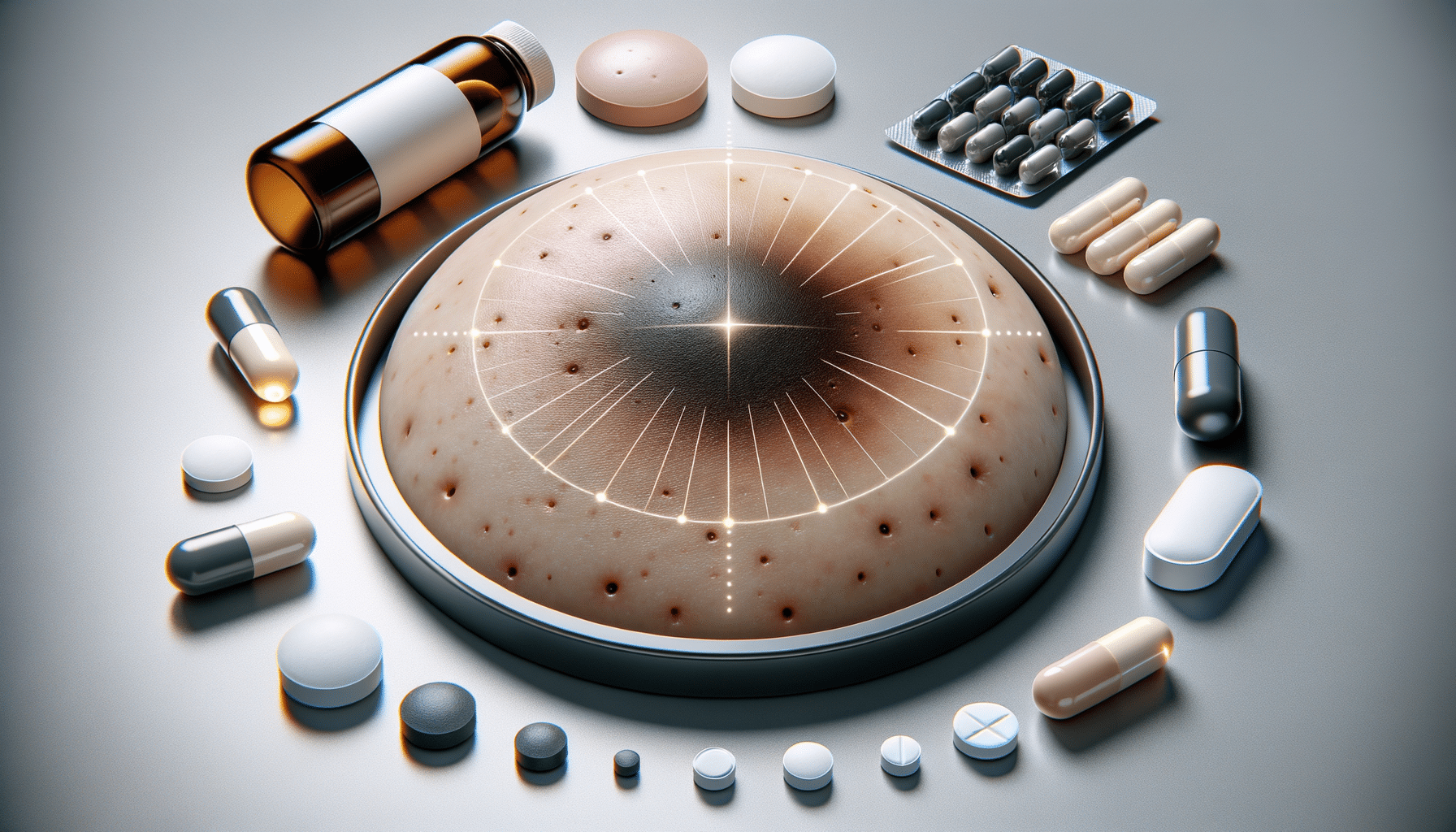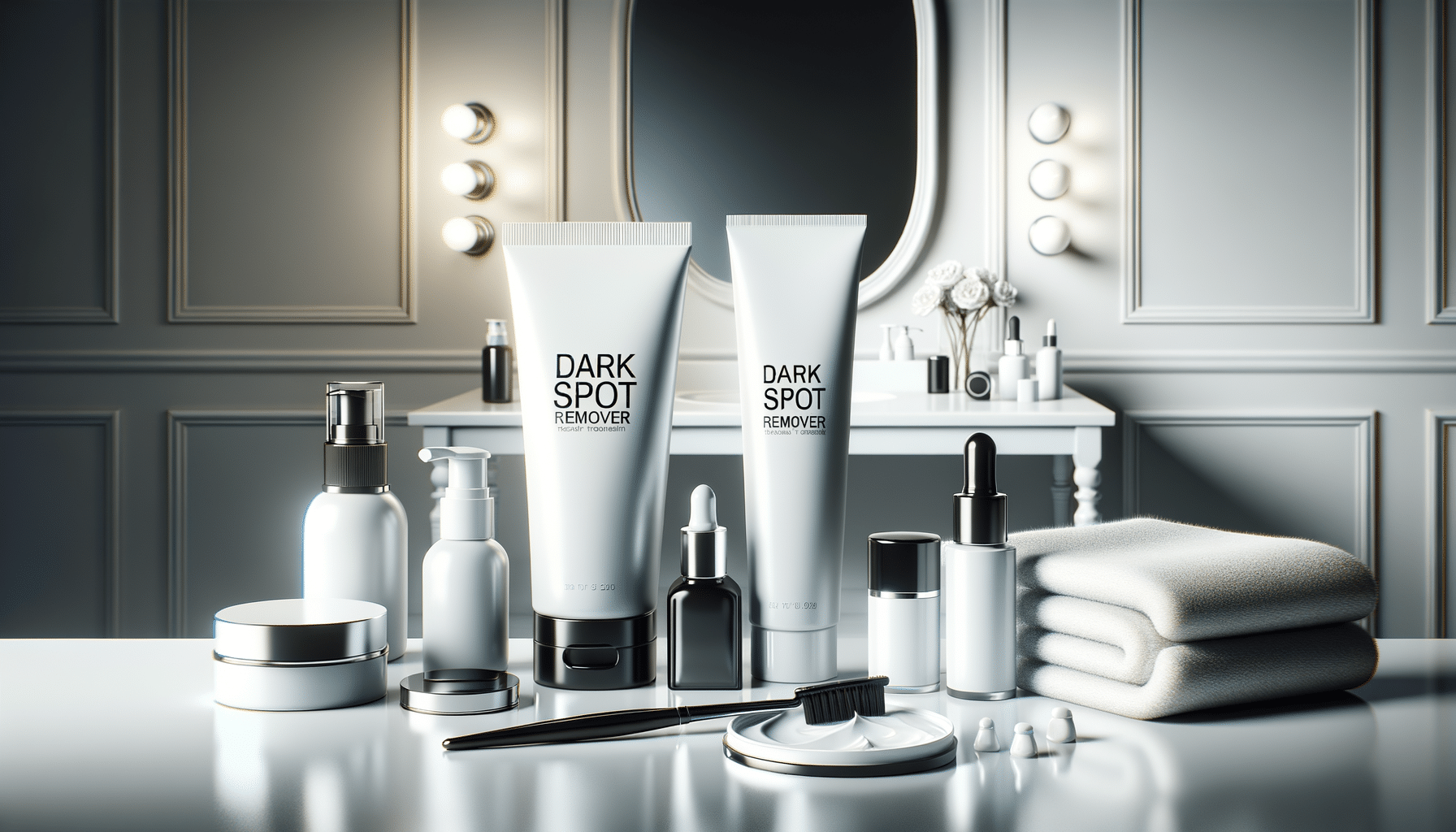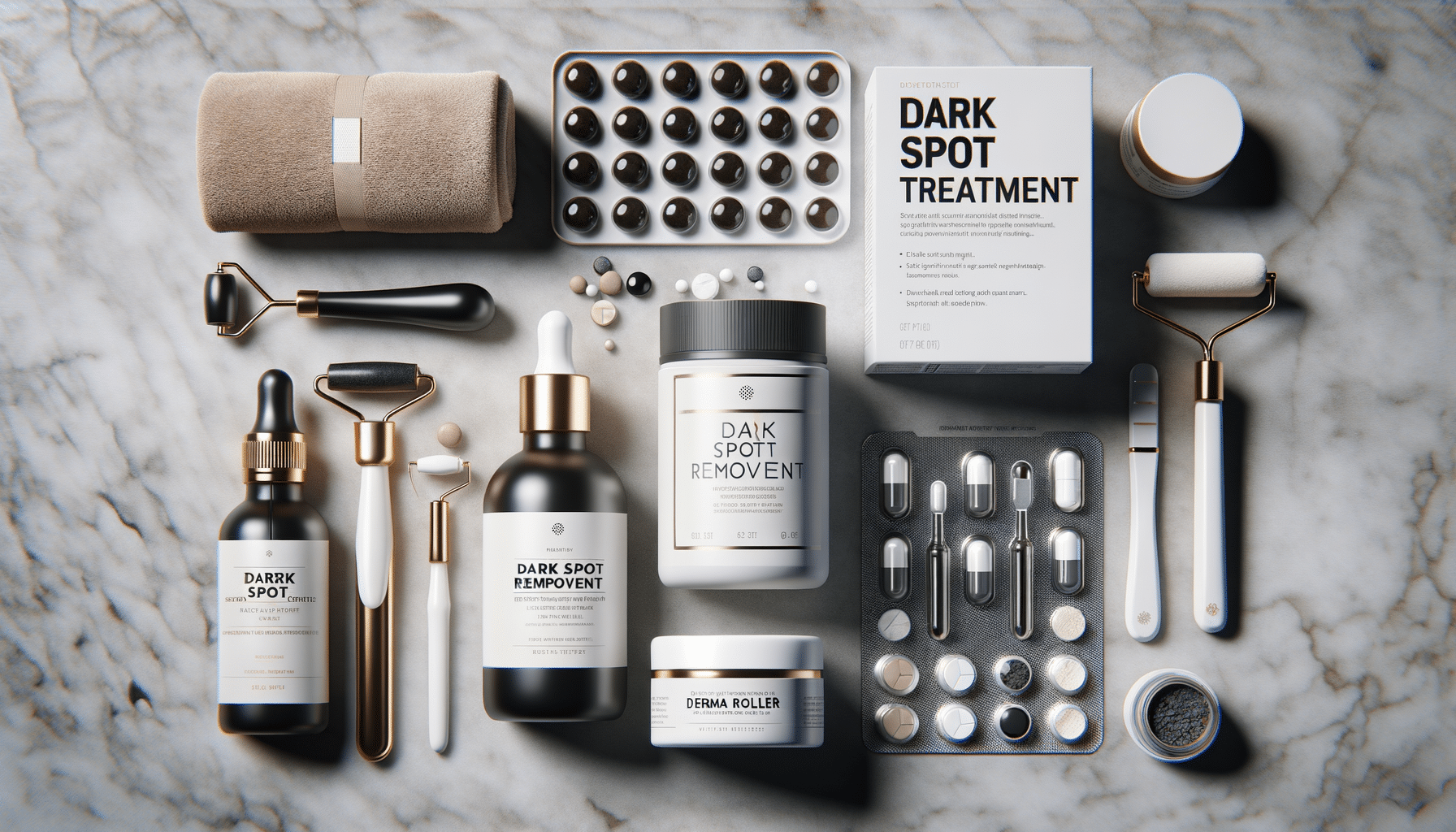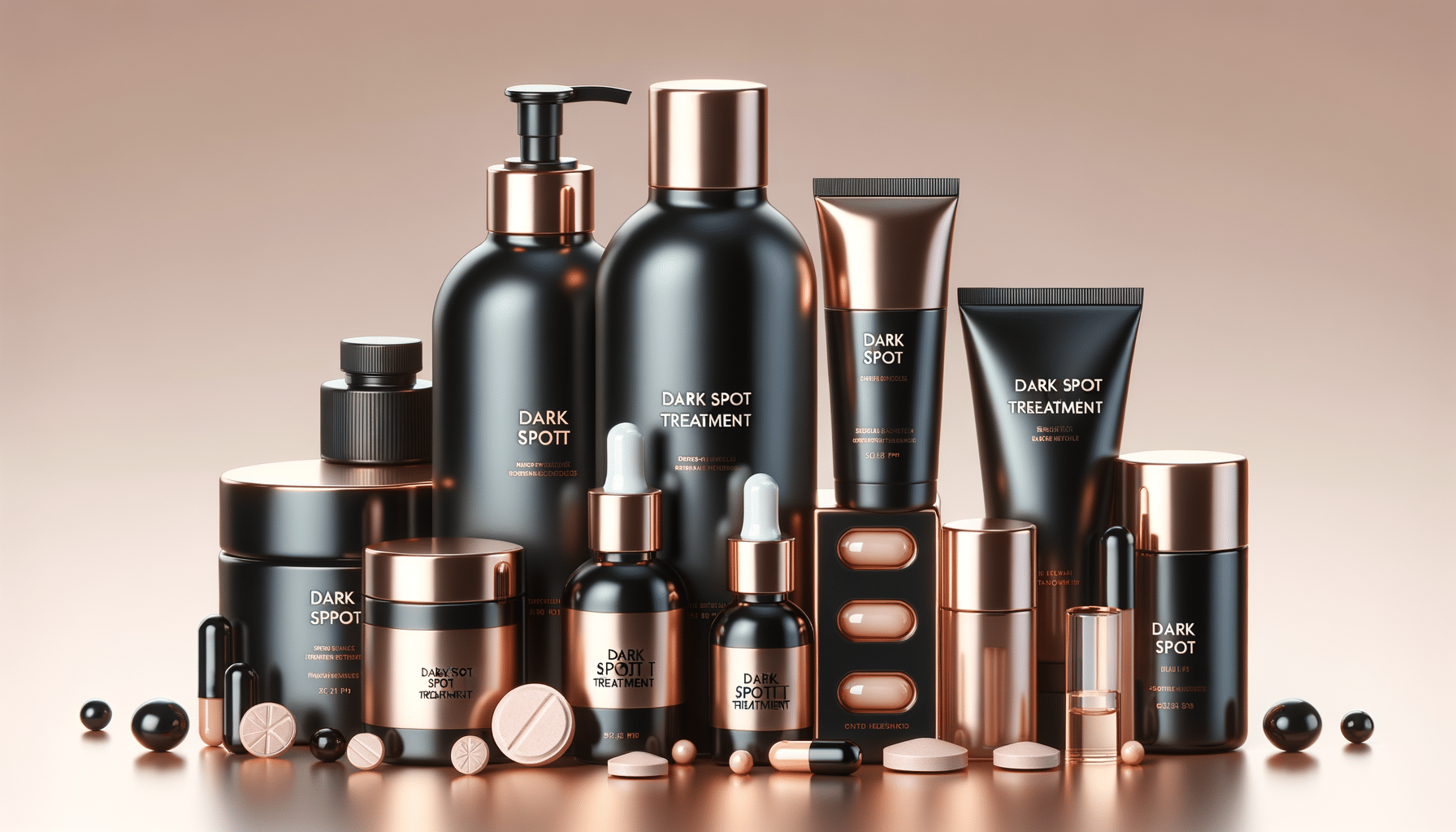
Dark Spot Treatment
Understanding Dark Spots: Causes and Concerns
Dark spots, also known as hyperpigmentation, are a common skin concern affecting many individuals. They can occur due to a variety of reasons, including sun exposure, hormonal changes, and aging. These spots are typically harmless but can be a cosmetic concern for those seeking clear and even-toned skin. Understanding the causes of dark spots is the first step in finding effective treatment options. Sun exposure is a leading cause, as ultraviolet (UV) rays stimulate melanin production, leading to pigmentation. Hormonal changes, such as those occurring during pregnancy or due to birth control pills, can also lead to melasma, a type of hyperpigmentation. Additionally, post-inflammatory hyperpigmentation can result from acne, injuries, or other skin conditions.
Recognizing the type of dark spots you have will help in choosing the right treatment. It’s important to note that while dark spots are generally not harmful, sudden changes in color or size should be evaluated by a dermatologist to rule out more serious conditions. Addressing dark spots involves a combination of preventive measures, topical treatments, and sometimes professional procedures.
Topical Treatments: Creams and Serums
Topical treatments are among the most accessible and widely used methods for reducing dark spots. These include creams and serums formulated with active ingredients that target pigmentation. Ingredients like vitamin C, niacinamide, and hydroquinone are popular choices in these products. Vitamin C is renowned for its antioxidant properties and its ability to brighten skin by inhibiting melanin production. Niacinamide, a form of vitamin B3, helps to lighten dark spots while also providing anti-inflammatory benefits. Hydroquinone is a powerful skin-lightening agent that reduces melanin formation, but it should be used under the guidance of a healthcare professional due to potential side effects.
When selecting a topical treatment, it’s important to consider your skin type and any sensitivities. Some products may cause irritation, especially for those with sensitive skin. Consistency is key when using topical treatments, as results can take several weeks to become noticeable. It’s also crucial to protect your skin from further sun damage by using sunscreen daily, as UV exposure can exacerbate dark spots.
- Vitamin C: Brightens and evens skin tone
- Niacinamide: Reduces pigmentation and inflammation
- Hydroquinone: Strong skin-lightening agent
Professional Procedures: Advanced Solutions
For those seeking faster or more dramatic results, professional procedures can be an effective option for treating dark spots. Dermatologists offer a range of treatments, including chemical peels, laser therapy, and microdermabrasion. Chemical peels involve applying a solution to the skin that exfoliates the top layers, promoting the growth of new, evenly pigmented skin. Laser therapy targets melanin in the skin, breaking down dark spots and allowing them to fade over time. Microdermabrasion gently exfoliates the skin’s surface, removing dead skin cells and encouraging new cell growth.
These procedures can be highly effective but may require multiple sessions and can be costly. It’s important to consult with a dermatologist to determine the most suitable treatment for your skin type and the severity of your dark spots. Professional treatments often come with downtime and require post-procedure care to ensure optimal results and minimize side effects.
- Chemical Peels: Exfoliate and renew skin
- Laser Therapy: Breaks down melanin
- Microdermabrasion: Promotes new skin growth
Dark Spot Remover Pills: An Emerging Option
In recent years, oral supplements have emerged as a potential option for reducing dark spots from within. These supplements often contain ingredients like glutathione, vitamin C, and other antioxidants that are believed to help lighten the skin and reduce pigmentation. Glutathione is an antioxidant that is thought to reduce melanin production and improve skin tone. While some users report positive results, it’s essential to approach these supplements with caution, as their efficacy and safety may vary.
It’s important to consult with a healthcare professional before starting any supplement regimen, especially if you have underlying health conditions or are taking other medications. Additionally, supplements should be viewed as a complementary approach rather than a standalone solution. Combining oral supplements with topical treatments and sun protection can enhance overall results.
- Glutathione: Antioxidant that may lighten skin
- Vitamin C: Supports collagen production and skin health
- Antioxidants: Protect against oxidative stress
Conclusion: Navigating Your Dark Spot Treatment Journey
Treating dark spots requires a comprehensive approach that includes understanding the causes, choosing appropriate treatments, and maintaining skin health. Whether you opt for topical treatments, professional procedures, or supplements, consistency and patience are key to achieving desired results. Protecting your skin from sun exposure is crucial in preventing further pigmentation and ensuring the effectiveness of any treatment.
Consulting with a dermatologist can provide personalized guidance and help you navigate the myriad of options available. By combining preventive measures with targeted treatments, you can work towards clearer, more even-toned skin. Remember, the journey to treating dark spots is unique for everyone, and finding the right combination of treatments may take time.


